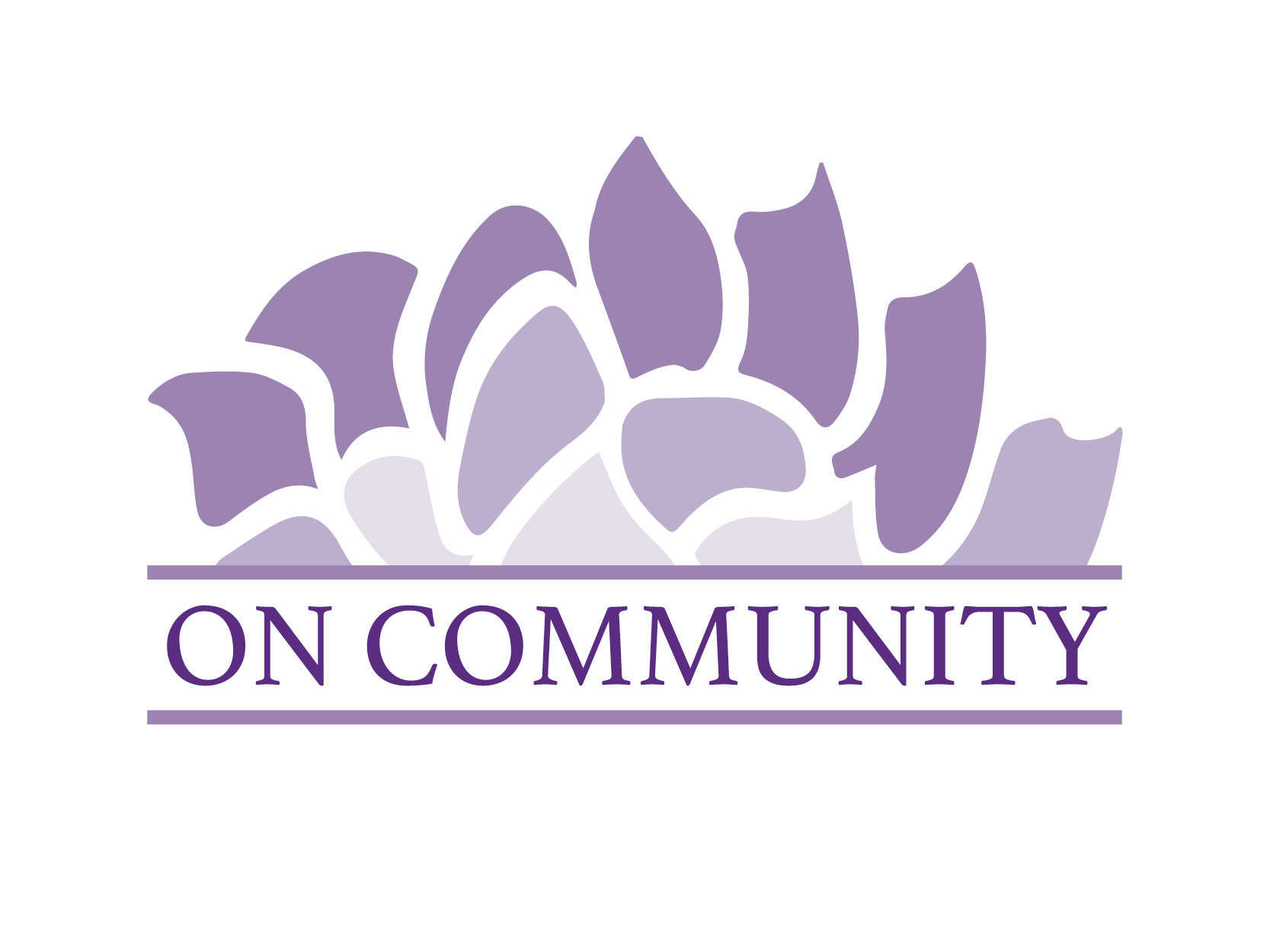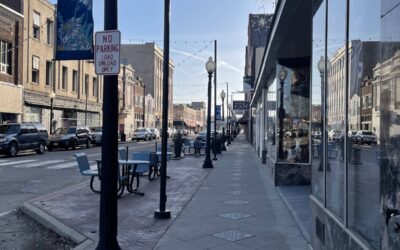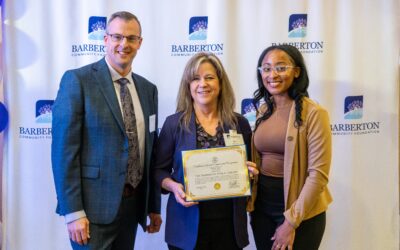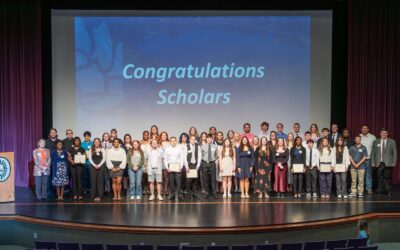A question I have received lately is, “How does someone become a board member of Barberton Community Foundation?”
In this space, I want to first clear up what the “job” of a board member is in the case of Barberton Community Foundation.
What does a Barberton Community Foundation Board Member Do?
Every board position is 100% volunteer (meaning it is unpaid), requiring 3-5 hours a month. Some board members spend more time than that (officers and committee chairs put in extra time), but the majority devote 3-5 hours of month to meeting preparation, committee and board meetings, and various volunteer activities related to the Foundation’s charitable, mission-based work.
Board members have 2 primary duties.
First, to act as a fiduciary for the organization. Fiduciary means “a person legally appointed and authorized to hold assets in trust for another person. The fiduciary manages the assets for the benefit of the other person, rather than for his or her own benefit.” In short, our board members are legally bound to make decisions for the “other person” or greater good – voting to approve and fund grants, scholarships, programs, etc. that do the most good for the most residents of Barberton.
This responsibility applies to our ability to grow the Foundation’s endowment – our main fund – by making decisions that guide our ability to grow and reduce the many risks of losing money. The total net assets of our endowment fluctuate, but as of this writing are ~$91M. The team and our partner organizations provide some investment and finance training for our board members, but it is important that board members come into their position with an understanding of how to operate an organization, how to make budgets and manage them at a large scale, how to avoid financial risk, how to read a balance sheet and an income statement, how to evaluate a real estate transaction, and more. These accomplished professionals have been in leadership positions and have a track record of success in some or all of these areas.
The fiduciary responsibility applies in all aspects of the board’s work, including decisions like choosing new board members, making investment decisions, deciding grants to fund, approving scholarships (over $400k in scholarships in 2024!), etc.
The second primary duty is to faithfully execute our vision – an improved quality of live for Barberton residents, now and forever – according to our governing documents, which include our Articles of Incorporation, our Code of Regulations, and our Policy Manual.
This requires having an exhaustive knowledge of these documents, as well as skills and expertise related to the work at hand. It also requires making hard choices that will sometimes be unpopular. These hard-working volunteers must guide the Foundation to exist forever, while also investing as much of our money as possible in the community along the way.
It’s a constant tug of war between preserving the Foundation to be impactful forever and investing grant and scholarship dollars in the present.
If you’d like to learn more about our board members, who they are and what they do, or are interested in exploring board service, keep reading on how to join our board and the skillsets we’re looking for currently.
To read about each of our board members, visit our board page!
How Does a Board Member Become a Board Member?
Like any Foundation, our board is split into multiple committees that have different areas of focus. For example, the Governance Committee reviews our policies and nominates future board members. There is a specific set of skills and expertise that is required to put together an effective and professional board. When a board member’s final term is nearly complete the Governance Committee will determine the skills and experience needed most by the next board member.
The primary way to become a board member is to have the skills and experience the board needs, and express interest in serving on the board. Then go through the process of completing a board application, which is then reviewed by the Governance Committee (and may include an interview by the committee or members of the board), then is voted on by Governance, Executive Committee, then the full board.
For example, Jennifer Bidlingmyer – a bank vice president – recently fulfilled her term. Knowing her term was coming to an end, the Governance Committee identified that it was important to replace her banking, investment, and finance experience – essential to money management, accounting, finance, investment, and real estate transactions the board makes decisions on – with someone else who has those skills and experience.
We were pleased to learn that Brad Angeloff – a Barberton resident and bank vice president with a focus in commercial real estate and economic development work – expressed interest in becoming a board member. Brad was nominated by our Governance Committee, his application was reviewed and approved by our Executive Committee, and then our full board reviewed and adopted Brad’s application for board.
In the recent past the board has leveraged its Friends of the Foundation program – where “Friends” are approved by the Governance, Executive, and full board – to serve on a single committee, with a vote on that committee, for one, 3-year term. This situation is ideal for individuals who have the right skills and expertise, but either don’t have the time for full board commitment or have not served on a professional board before. As they contribute at the committee level, they may wish to pursue a full-board seat, provided their skills align with what the board is looking for.
The Friends of the Foundation is currently being evaluated to change it based on what the Foundation needs. That is a process the Governance Committee has undertaken, and will make a recommendation to the Executive Committee and the full board.
Overall, joining the Foundation board is a lengthy process where candidates require a lot of experience and a successful track record! But, like any job someone may get, the Foundation defines a description of what it is seeking then “hires” the right candidate based on experience.
All this effort to serve in a volunteer – unpaid – board position… just to use your skills and expertise to help improve our community! These individuals have built successful careers but choose to give away their knowledge and expertise for free as a board member.
From my perspective, board members of the Foundation deserve gratitude and appreciation for all they do, much of which goes unnoticed!
What is the Foundation Looking for Now?
The Foundation board currently has one opening, and the board is actively seeking a new skill set that historically we have not had, but strategically we need!
In general, the board is always seeking more expertise in Finance, Investments, Banking, Accounting, Economic Development and Community Development.
While anyone with those skills or executive leadership is someone the board would be interested in hearing from, specifically, the board is hopeful for a candidate with experience in Community Development.
If you’re unfamiliar with the Community Development profession, it is someone with experience and expertise at community revitalization projects like neighborhood improvement projects, adaptive reuse of vacant spaces or empty buildings, and more.
If you, or someone you know, has a successful track record of professional Community Development work, please contact me so we may explore if there is a good fit.
Please keep asking questions, too!
In community,
Josh Gordon




